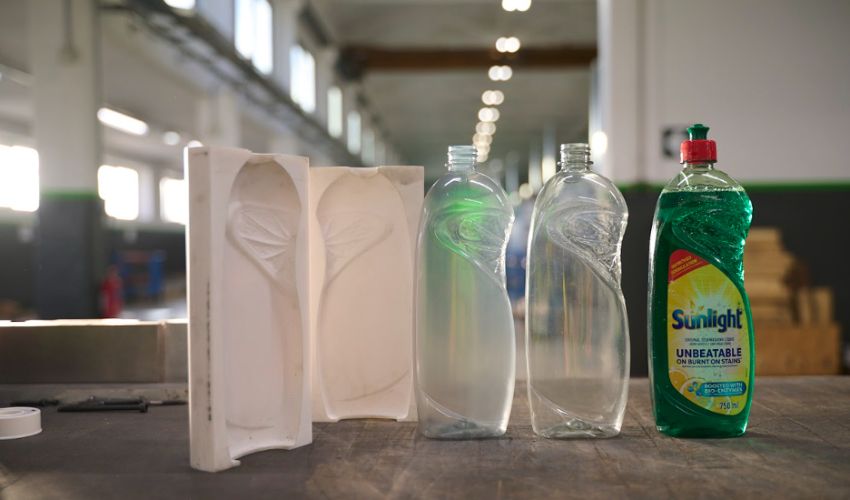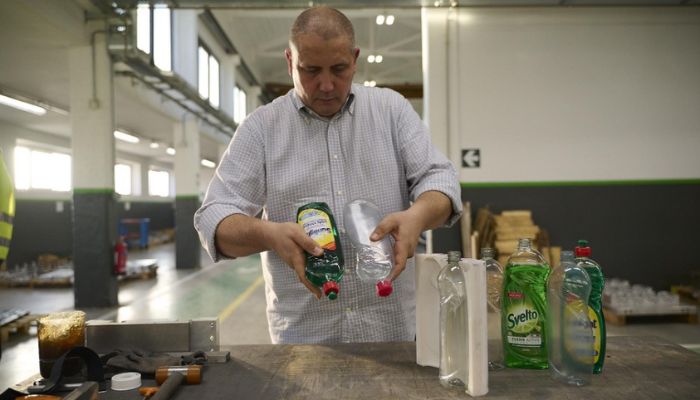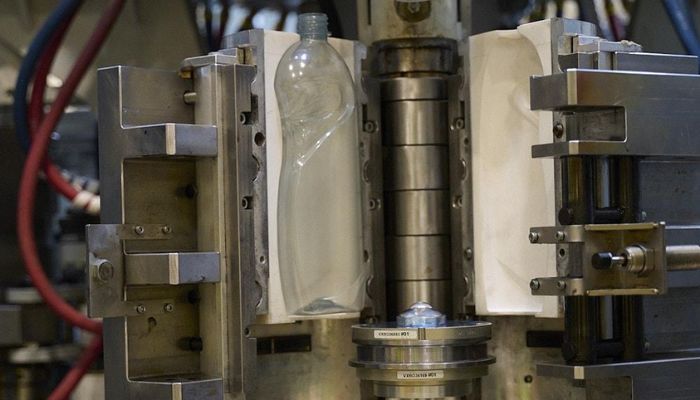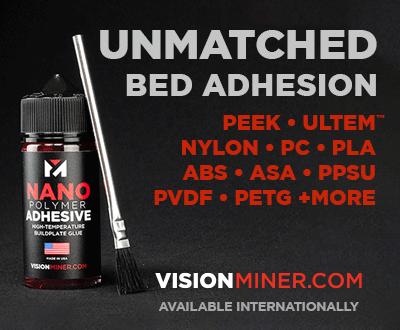Unilever Turns to 3D Printing to Make Better Plastic Bottles

One less-discussed area where we have seen the growth of 3D printing in recent years is in the packaging industry. With the market valued at $1.21B in 2023 and expected to rise to $2.56B by 2023, according to Future Market Insights, in recent years we have seen more and more large names including L’Oréal and Pepsi turning to additive manufacturing. Now, we have yet another to add to the list, Unilever, who has turned to resin 3D printing from Formlabs to make molds for plastic bottles.
Maybe you have not heard of Unilever before. However, you have definitely heard of some of the British company’s products and brands, including Axe, Ben & Jerry’s, Dove, and Knorr, among many others. The fast-moving consumer goods (FMCG) conglomerate is the largest producer of soap in the world, with products available in over 190 countries. Still, the FMCG sector has fierce competition and thus Unilever is constantly looking for ways to innovate, including this latest move to use 3D printing for bottles.

Comparing bottle prototypes made using the 3D printed mold
Stefano Cademartiri, CAD & Prototyping Owner, Unilever, expands, “A consumer goods company like Unilever must be on the market as soon as possible or before your competitors. You need to offer the best product at the best price in the shortest time possible to the consumers. 3D printing helps us speed up this process.”
How Is Unilever Using 3D Printing to Make Bottles?
Traditionally, making a simple plastic bottle takes a lot longer than you might expect. From design to final product, including making molds before moving to blow molding, often takes months. Additionally, there is little ability to try different prototypes and designs because of the time it takes to create just one mold, estimated to be about 6–8 weeks.
By integrating 3D printing into the process, this is drastically decreased as a 3D printed mold can be finished in only two days, bringing pilot testing to only two weeks, all while costing significantly less. Flavio Migliarelli, R&D Design Manager, Serioplast Global Services, further explains, “With the 3D printed mold, we can save up to 70% time and 90% cost compared to the standard mold. In the past, [clients] had to wait up to 12 weeks just for one design, now we can make five designs.”
As should be clear, 3D printing in this case is being used in conjunction with more traditional methods. More specifically, the molds are being created using a Form 3L 3D printer from Formlabs and the Rigid 10K Resin, which allows for precise molds with smooth surface finish while also being able to withstand internal pressure and temperature. The use of SLA also helped Unilever to integrate more details in the bottles, with logos and other fine details coming out well.

The 3D printed mold is attached to a metal apparatus and then can be used in conjunction with blow molding to create plastic bottles
After the creation of the mold, the bottles could then be made using blow molding, in this case stretch blow molding (SBM) which is commonly used to create high-quality, glass-clear PET containers. Applications for the combination of these technologies include testing aspects of the production line early on thanks to the similarity of the bottles to the end product, validating the SBM process and the PET preform and accelerating prototyping. You can learn more in the white paper HERE.
What do you think of Unilever’s decision to turn to 3D printing to make molds for plastic bottles? Let us know in a comment below or on our LinkedIn, Facebook, and Twitter pages! Don’t forget to sign up for our free weekly newsletter here, the latest 3D printing news straight to your inbox! You can also find all our videos on our YouTube channel.
*All Photo Credits: Formlabs







